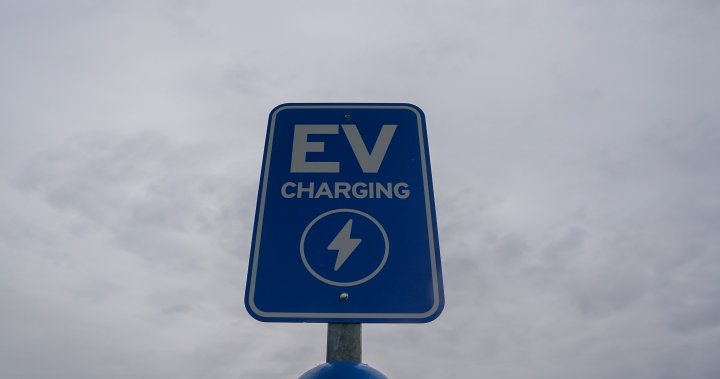
EV sales in Canada rose in recent years despite higher interest rates. Why?
Global News
Electric vehicle registrations rose in recent years despite interest rates also rising. Experts caution Canada's transition to EVs could still be challenging.
Despite rising interest rates making many things more expensive, Canadians bought more than three times as many electric vehicles (EVs) last year than they did in 2019, data shows.
But experts caution the federal government’s target of having only zero emission vehicles sold by 2035 still faces challenges, and dropping Tesla sales have raised questions about stability in the EV market.
New vehicle registrations for battery, hybrid and plug-in electric cars rose to more than 320,237 in 2023 from 94,500 in 2019, according to Statistics Canada figures. When removing hybrid electrics from the calculations, since they emit greenhouse gas emissions, the numbers still rise to 184,578 new EV registrations in 2023 from more than 56,000 in 2019.
The Bank of Canada’s trend-setting interest rate fell from 1.75 per cent to 0.25 per cent and then rose sharply to 5.0 per cent in the same time period.
EVs are typically more expensive than gas-powered cars but new EV registrations continued to rise even when interest rates were at their highest.
The high rates pushed home sales down over the same time, according to a Royal LePage report released earlier this month.
Concordia University economics professor Moshe Lander said the registration increases show sales may have been even higher with lower interest rates.
“Just because things are rising doesn’t mean that interest rates are having no effect,” he said, speaking from Calgary.
